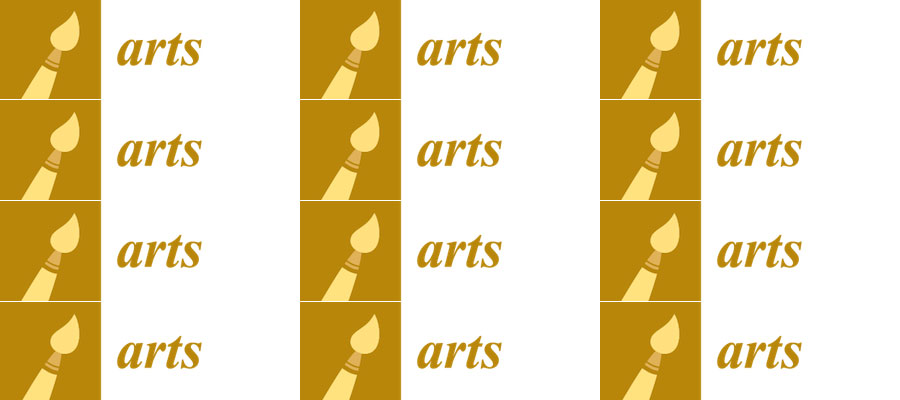Chiara Cavallo (University of Amsterdam) and Branko van Oppen (University of Groningen) are organizing a two-volume special issue of the journal Arts entitled “Animals in Ancient Material Cultures” and invite expressions of interest.
Ever since the Neolithic domestication, animals have been part of everyday human life, imagination, and religion. In antiquity, many human pursuits, from plowing the field to fighting on the battlefield, from consumption of food to sacrificing to the gods, were shaped by, and relied upon, a symbiotic or interdependent relationship with animals. Animals were hunted or tamed, kept for entertainment or even worshipped. Material culture provides important evidence as representations and illustrations, expressions and mediations of ancient ideas and attitudes about, as well as experiences and interactions with the animal world which surrounded them. Iconographic representations may, for instance, reflect social status as much as religious practices. Such imagery can offer visual clues for the dissemination of animal husbandry as well as for beliefs in mythic creatures.
The theme of this Special Issue, “Animals in Ancient Material Cultures”, broadly includes the Mediterranean world and the Near East, from ca. 10,000 BCE to 500 CE (although exceptions in period or region may be considered). Approaching this subject from a broad chronological and geographical perspective allows the contributors to focus on a specific region, period, animal, and/or creature. Papers may draw on (zoo-)archaeological, physical, visual, and/or cultural material to examine the dispersal and exchange, appropriation, and acculturation of practices and beliefs. This Special Issue aims to bring together specialists from different fields of expertise, including but not limited to art history, ancient history, classics, classical archaeology, and zooarchaeology. Proposed subjects comprise topics such as pastoralism, human–animal relations, iconography, and cultic practices.
If you are interested, please submit an abstract (ca. 250-500 words) to Ms. Macie Ma.
Abstracts due December 31, 2019. Complete manuscripts due February 29, 2020.
